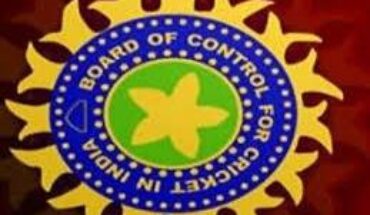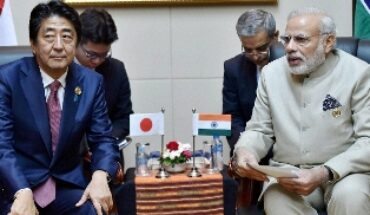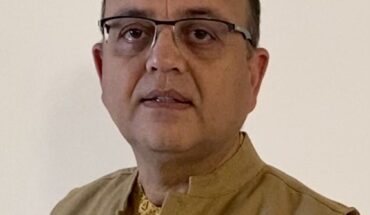United Nations: India has reaffirmed that new permanent members in a reformed Security Council must get veto power but suggested that its use be deferred to a review conference as “a willingness for compromise”.
“Our own national position has been and remains that the veto should as long as it exists be extended to new permanent members,” India’s Permanent Representative to the UN Ambassador Syed Akbaruddin said here yesterday.
“As a measure of flexibility and willingness for compromise, the use of the veto can be deferred till the Review Conference. The African Union (and this is understandable) does not wish to defer use. The difference, we see, as one of a degree than one of a kind,” he said. A review conference is a platform provided by the UN Charter for the member states to discuss changes to any reforms achieved in the near-term, and for revisiting negotiables that cannot be agreed upon. India has in the past also said that it would consider deferring the use of the veto until a future scheduled review conference. Given the hard lines among member states on the use of the veto and differences among them over the issue, Akbaruddin asserted that the issue of veto cannot be allowed to block the process of Security Council reform itself. “The issue of veto is important but then we cannot also allow the veto to have a veto over the process of Council reform itself,” he said during the informal plenary meeting of the Inter-Governmental Negotiations (IGN) on ‘Question of Veto’. Akbaruddin appealed to the chair of the IGN to consolidate the negotiating text on the basis of convergence reached on issues so far while also delineating the divergence and the contrarian view of some. He stressed that that chair should ask member states to build further on the consolidated and shortened text. Giving an elaborate historical perspective on the use of the veto in the 70-year history of the UN, Akbaruddin said from the time the Security Council was created in 1946 till today, 317 vetoes have been cast and as result 230 draft resolutions or parts thereof have been vetoed in total. In effect, 10 per cent of the 2271 resolutions adopted till date have been vetoed. He further underscored that apart from the use of the veto within the Security Council, there have been expansion of the veto to the Council’s subsidiary bodies such as the Sanctions Committees. He said in these bodies, the veto has been extended to all 15 members of the Committees who can block, or object or place on hold any request of a Member State, thereby in effect killing the proposal on grounds that consensus is required. Akbaruddin remarks come against the backdrop of China, a permanent UNSC member with veto power, blocking India’s move last year in the UN for action against Pakistan for the release of 26/11 mastermind Zaki-ur Rehman Lakhvi from jail. — PTI






